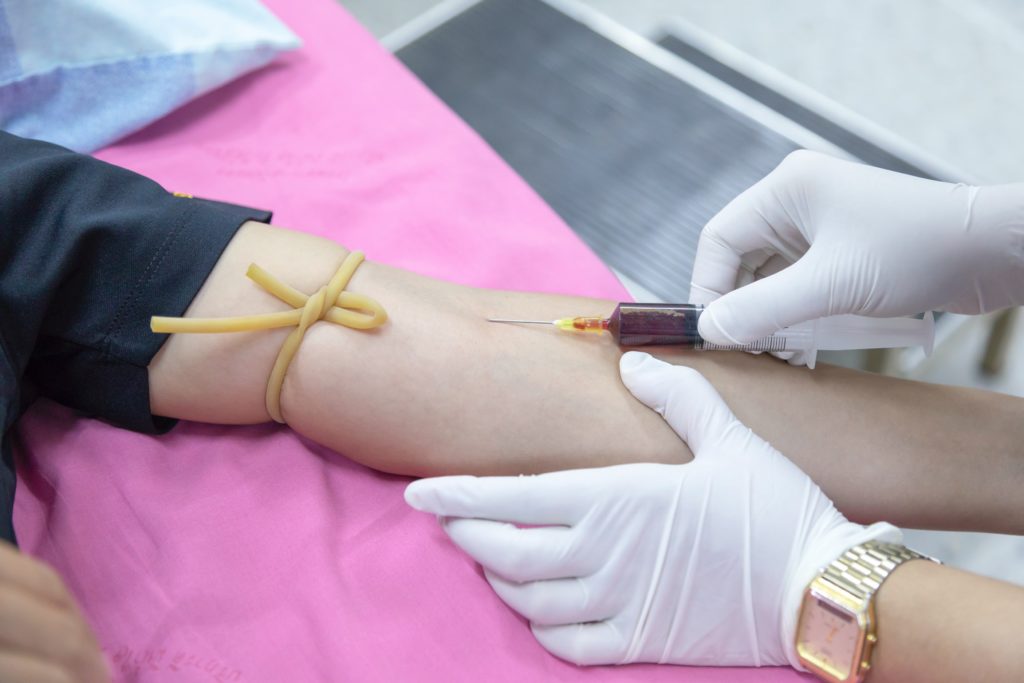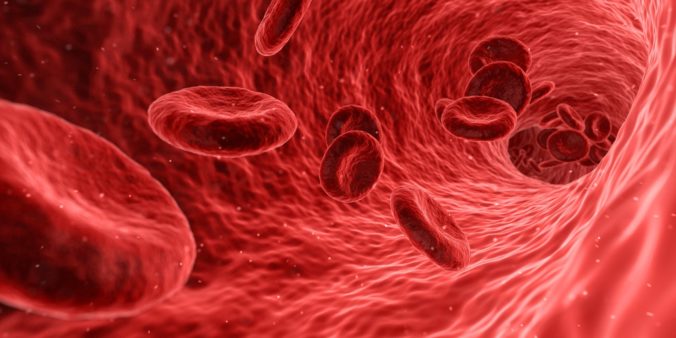Learn about the signs and symptoms of this type of anaemia and how it can affect your hearing health.
What is iron deficiency anaemia?
As the name implies, iron deficiency anaemia (IDA) is caused by a lack of iron. As a result, the body produces insufficient levels of haemoglobin, a substance that is present in red blood cells and carries oxygen from the lungs to the rest of the body.
Iron deficiency can alter cells and their function. If it affects the cells in the inner ear, in can lead to hearing loss.
Symptoms of iron deficiency anaemia
The most common symptoms of iron deficiency are extreme fatigue, weakness, dizziness, light-headedness or headache.
Patients with this type of anaemia may experience chest pain, a fast heartbeat or shortness of breath. They may also have brittle nails and their tongues may be swollen or sore. Many also have a poor appetite or unusual cravings for non-nutritive substances such as ice or starch.

The link between anaemia and hearing loss
A study carried out by the Pennsylvania State University evaluated the risk of hearing loss in people with iron deficiency anaemia. Published in the ‘JAMA Otolaryngology-Head & Neck Surgery’ journal, it aimed to provide greater possibilities for early detection and adequate treatment.
It was based on the analysis of the digitalized medical records of more than 305,000 adults aged between 21 and 90 years of age, with an average age of 50. 43% of the patients were men and 57% were women. 0.7% of the participants had iron deficiency anaemia, and when their hearing health was tested, 1.6% were found to have mixed hearing loss, which is a combination of sensorineural (SNL) and conductive hearing loss.
Comparative analyses of this segment confirmed the link between iron deficiency anaemia and different types of hearing loss. Among the participants with anaemia, the prevalence of sensorineural hearing loss was 1.1%, with 3.4% reported for mixed hearing loss. As reported in an online article in Spanish newspaper diario ABC, the study’s head researcher Kathleen M. Schieffer concluded that results show that “an association exists between IDA in adults and hearing loss. Next steps are to better understand this correlation, and whether promptly diagnosing and treating IDA may positively impact the overall health status of adults with hearing loss.”
Finally, the study concluded that the risk of sensorineural hearing loss is 1.82 times higher, and the risk of mixed hearing loss 2.41 times higher, in people with IDA.Therefore, blood screening plays an important role in the prompt diagnosis of iron deficiency anaemia.

Iron is an essential mineral for the correct functioning of the auditory system. Consult your healthcare specialist if you think you are suffering symptoms of iron deficiency anaemia or if you notice any changes in your hearing health.

Yes I agree about the matter. I m experiencing slight hearing problem and I m aneamic too….how do I increase my iron intake naturally.plz suggest
Hi Shana, We recommend you read this article: How to get more iron from the diet
i really enjoyed reading this article, it has a lot of valuable info it’s the first time to know it, thanks for sharing
Thank you so much, always ready to learn something new! Stay tuned to discover more interesting facts 🙂
Great information about Hearing Loss . it’s really helpful for the reader.
Thank you for your comment!
Thanks for the sharing informative article.
Thanks for the feedback!
Thanks for sharing great contant!
Thanks for the feedback!
Thanks for sharing the informative article.
Thank you for your feedback!